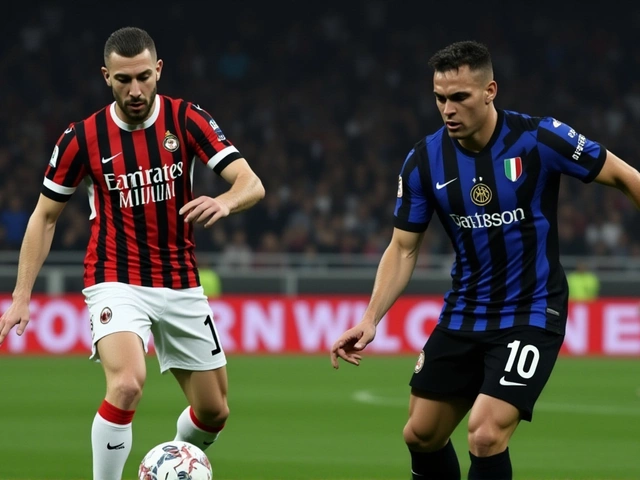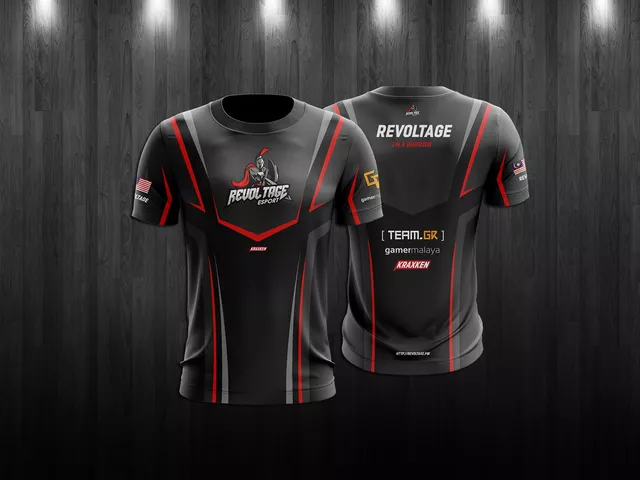Popularity in Soccer: What Makes a Story Go Viral
Ever wonder why a loan move like Aaron Ramsey’s to Leicester City sparks endless chatter while other transfers barely make a ripple? It’s all about popularity – the mix of star power, controversy, and fan emotion that turns a headline into a trend.
First, big names drive clicks. When a Wales international drops into the Championship, supporters instantly picture his impact, replay his past highlights, and argue over his price tag. That immediate hook pulls readers into every article, video, and tweet.
Second, drama fuels conversation. The sudden resignation of a high‑profile politician such as Angela Rayner creates a ripple that spills over into every sports forum. People love a good shake‑up because it gives them something to debate – who will replace her, how will it affect the team’s morale, and does politics ever mix with football?
Fans and Media Drive Popularity
Fans are the engine behind any popular story. When supporters rally for equal pay for women footballers, the movement spreads fast through social media, podcasts, and match‑day chants. The more voices join in, the higher the story climbs on search results and news feeds.
Media outlets add another layer. A simple question like “Why hasn’t soccer been ‘fixed’ to make scoring easier?” turns into a viral thread because it taps into a universal curiosity. Writers sprinkle stats, personal anecdotes, and bold opinions, making the piece shareable across platforms.
How Clubs Use Popularity to Grow
Clubs know that popularity translates into ticket sales, merchandise, and sponsorships. Highlighting the best material for a soccer jersey – usually polyester for its lightweight feel – becomes a selling point in product launches. When fans see their favorite player wearing a new kit, they’re more likely to buy the same design.
Live‑score websites also ride the wave of popularity. Sites like ESPN Soccer or Livescore.com rank high because they deliver what fans crave: instant updates, match stats, and quick recaps. The easier it is to stay in the loop, the more people keep returning, boosting the site’s authority.
In short, popularity in soccer isn’t random. It’s a formula of star appeal, controversy, fan advocacy, and smart media coverage. Understanding this mix helps anyone – from a casual fan to a club marketer – stay ahead of what’s hot, keep the conversation flowing, and make the most of every soccer moment.

As a passionate sports enthusiast, I've always been curious about why American football became more popular than soccer in the United States. After researching this topic, I found that American football has its roots deeply ingrained in American culture and history, while soccer was introduced much later. Additionally, American football is often seen as a symbol of national pride, as it is uniquely American, unlike soccer, which is played worldwide. The intense rivalries and high-stakes nature of American football games also contribute to its popularity, as fans love the excitement and unpredictability of the sport. Lastly, the marketing and commercialization of American football have played a significant role in boosting its popularity and transforming it into a lucrative industry. (Read More)



